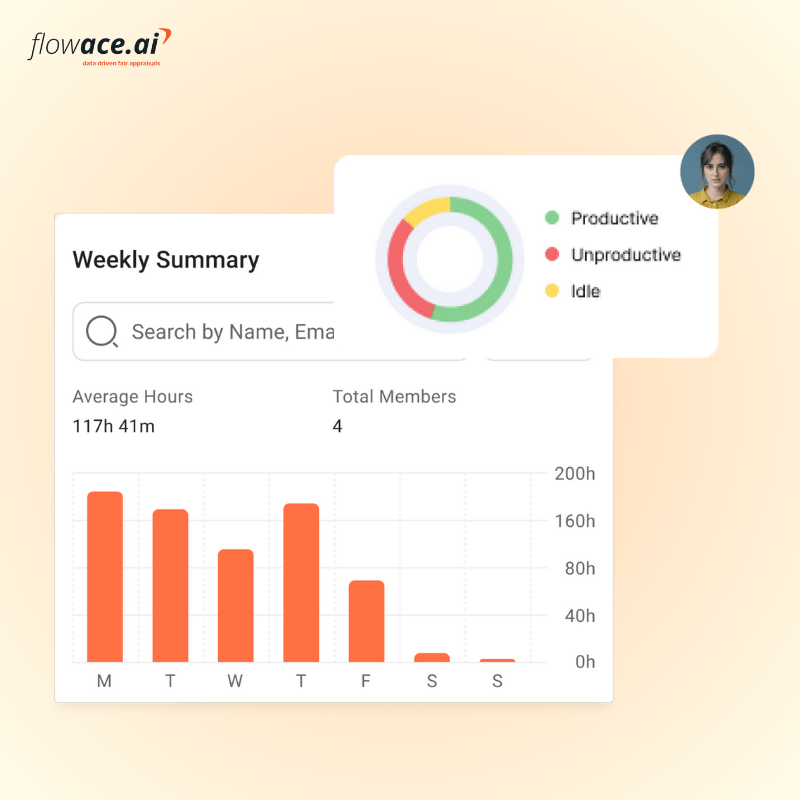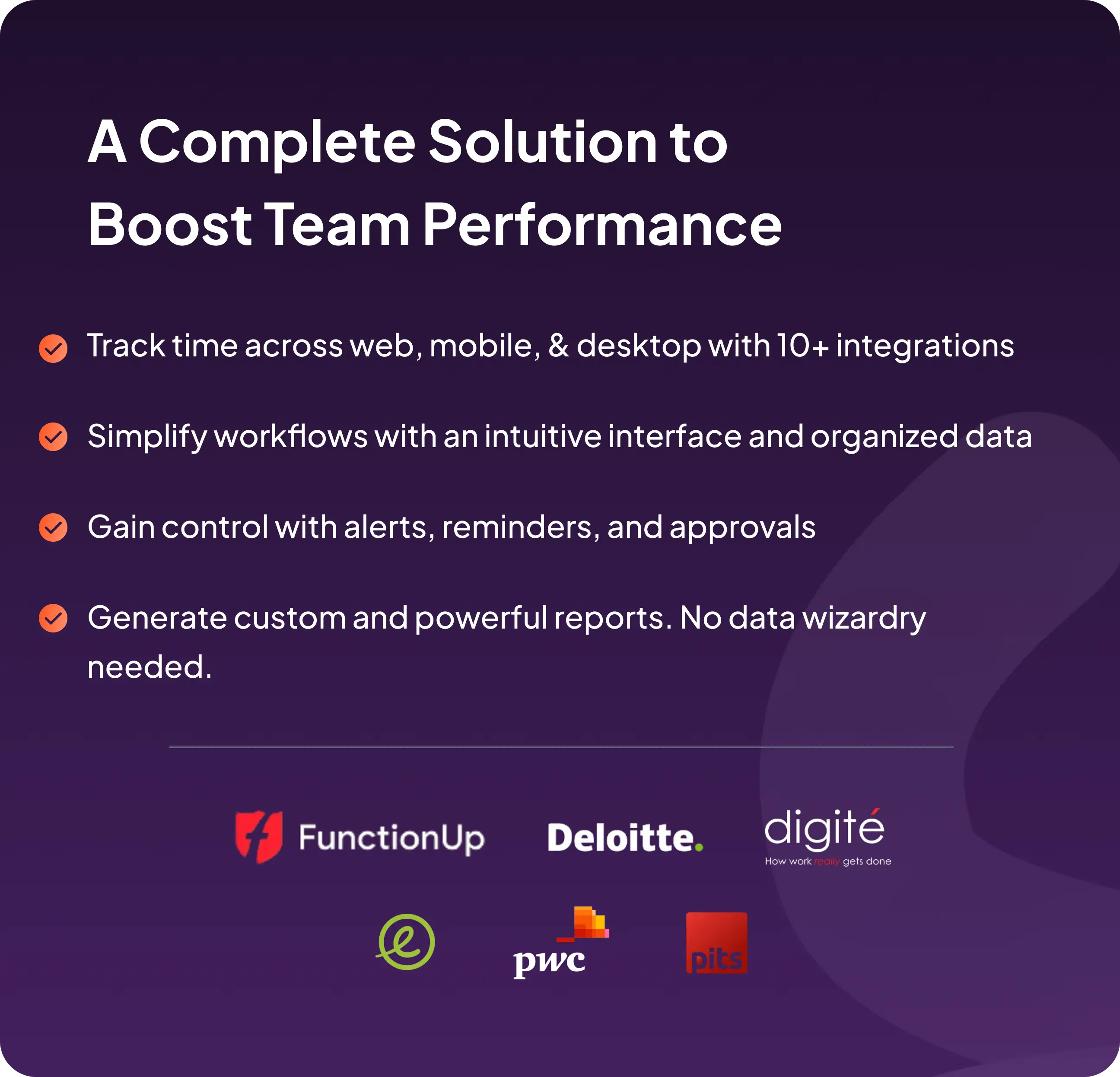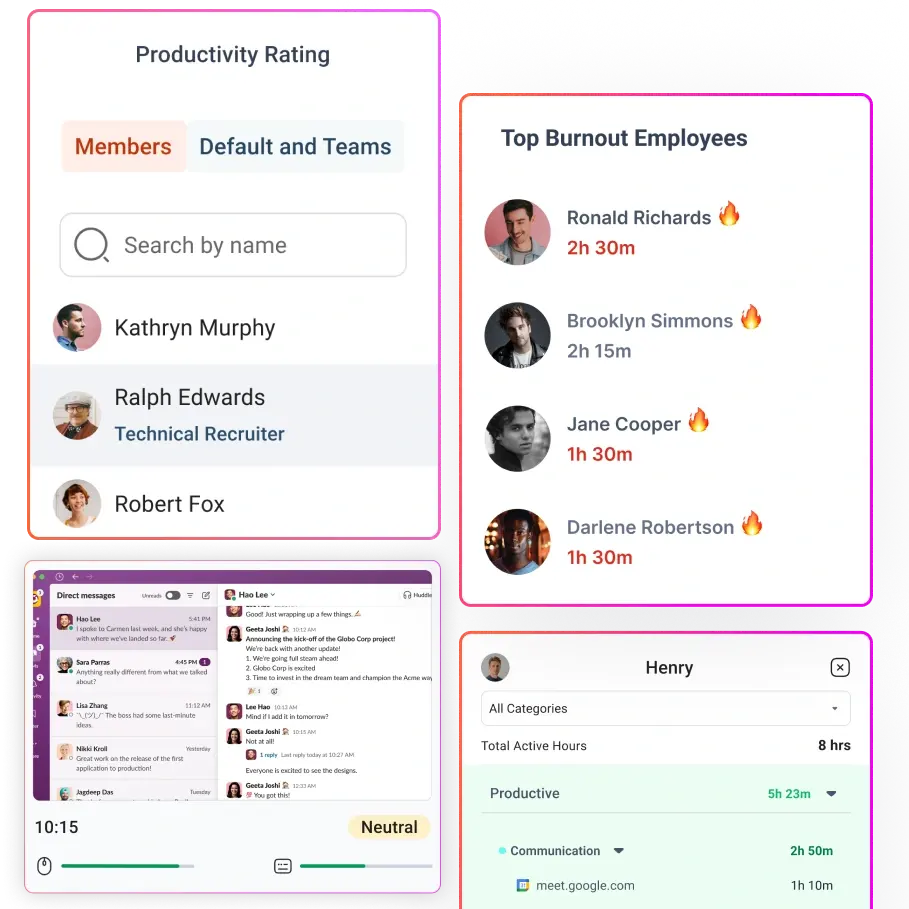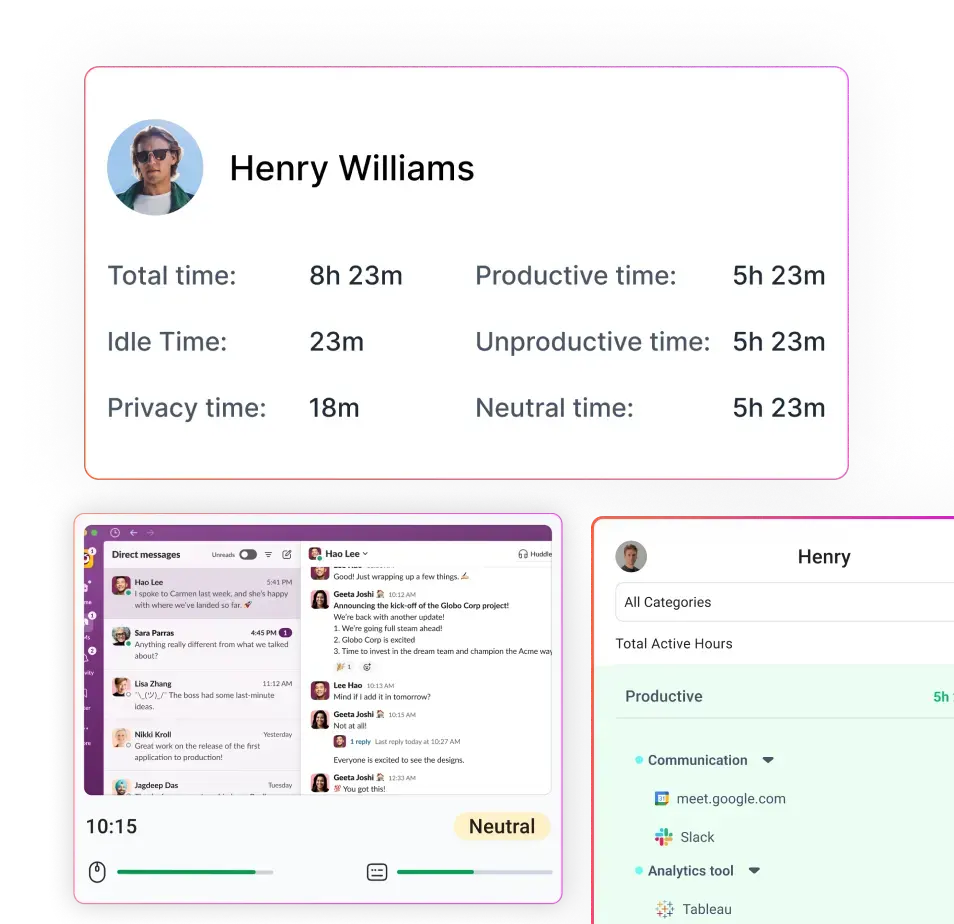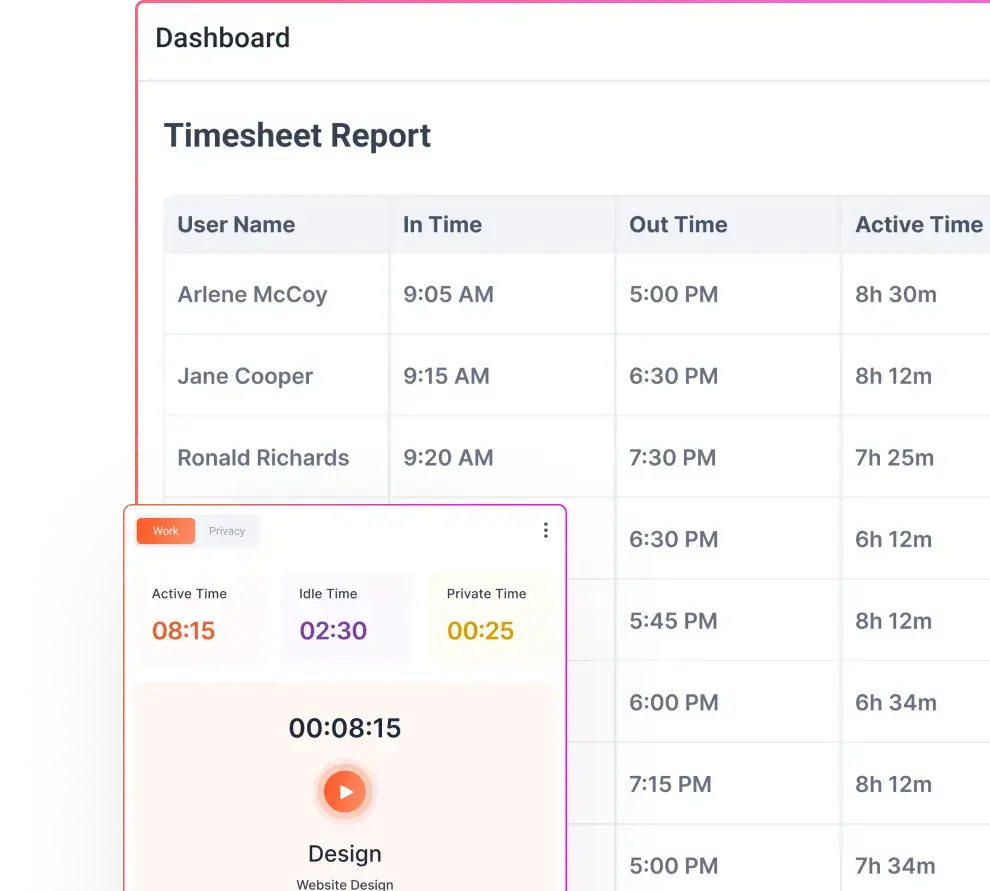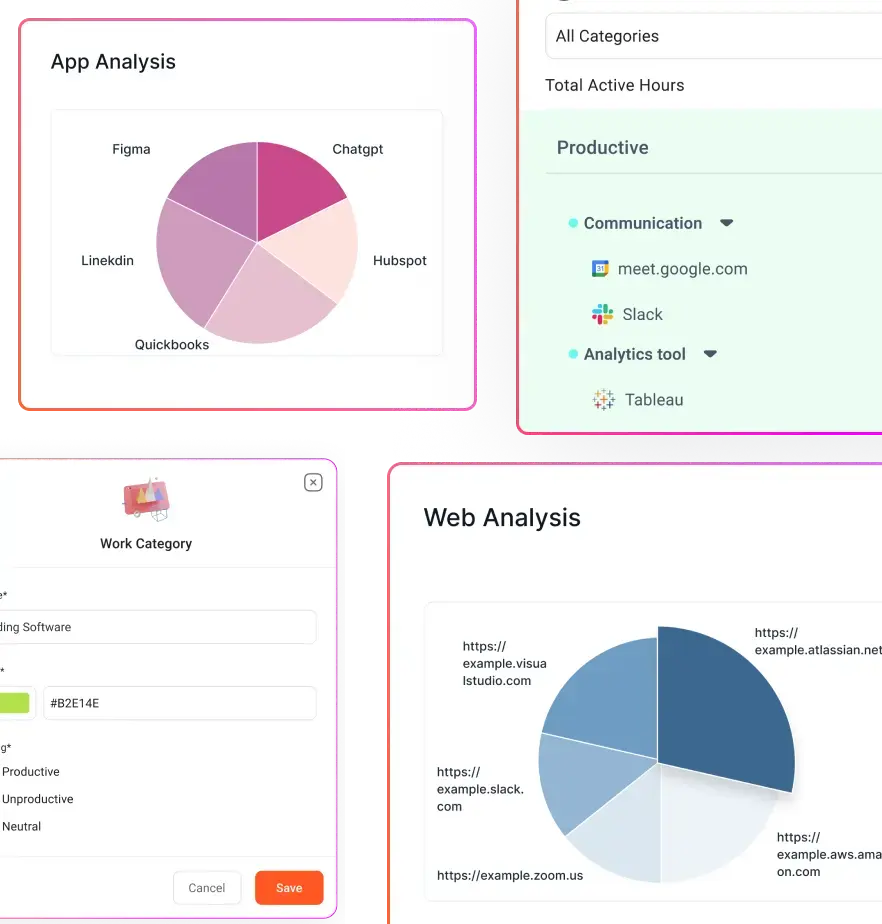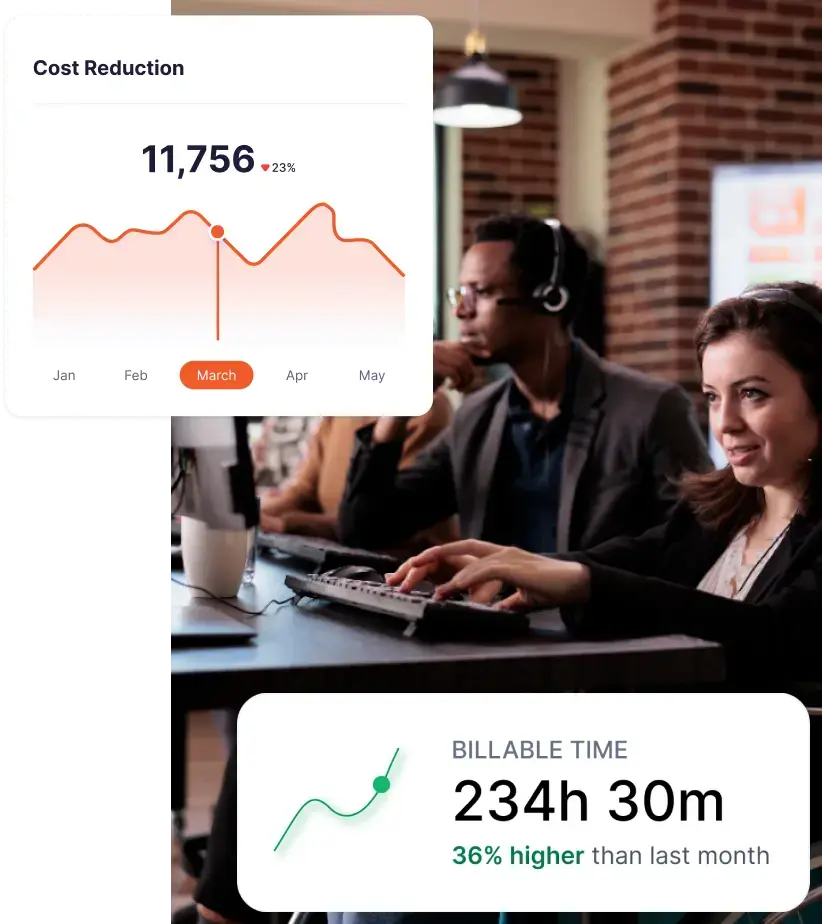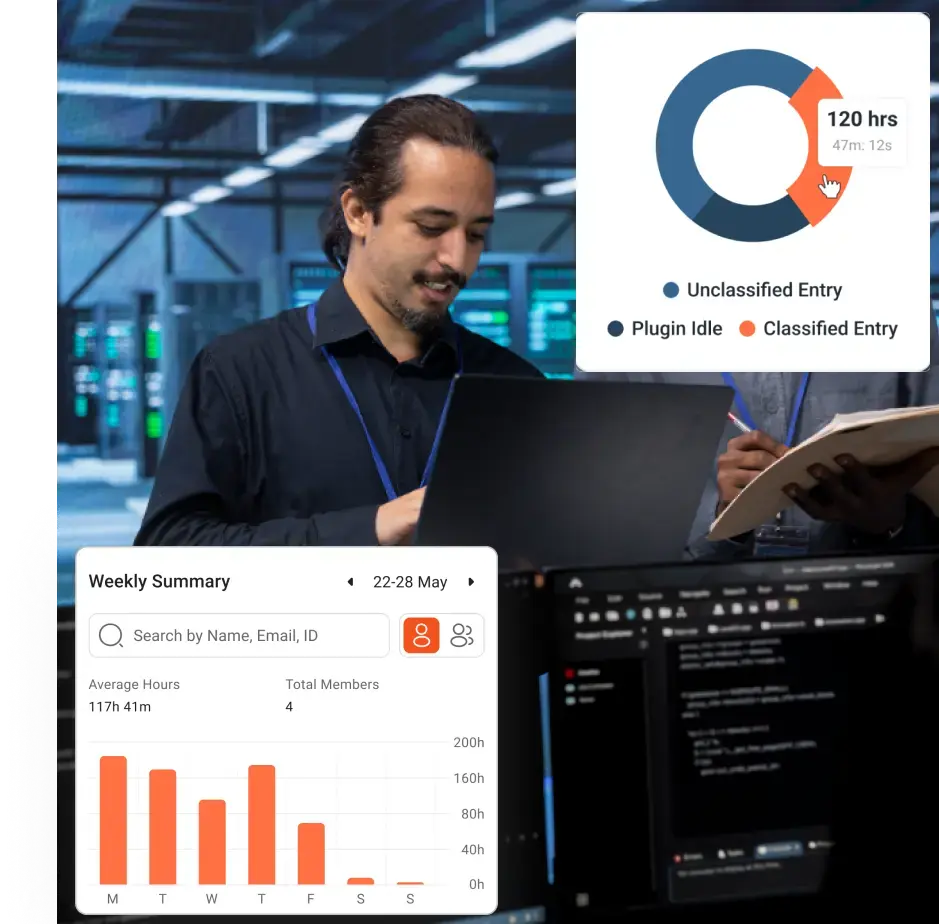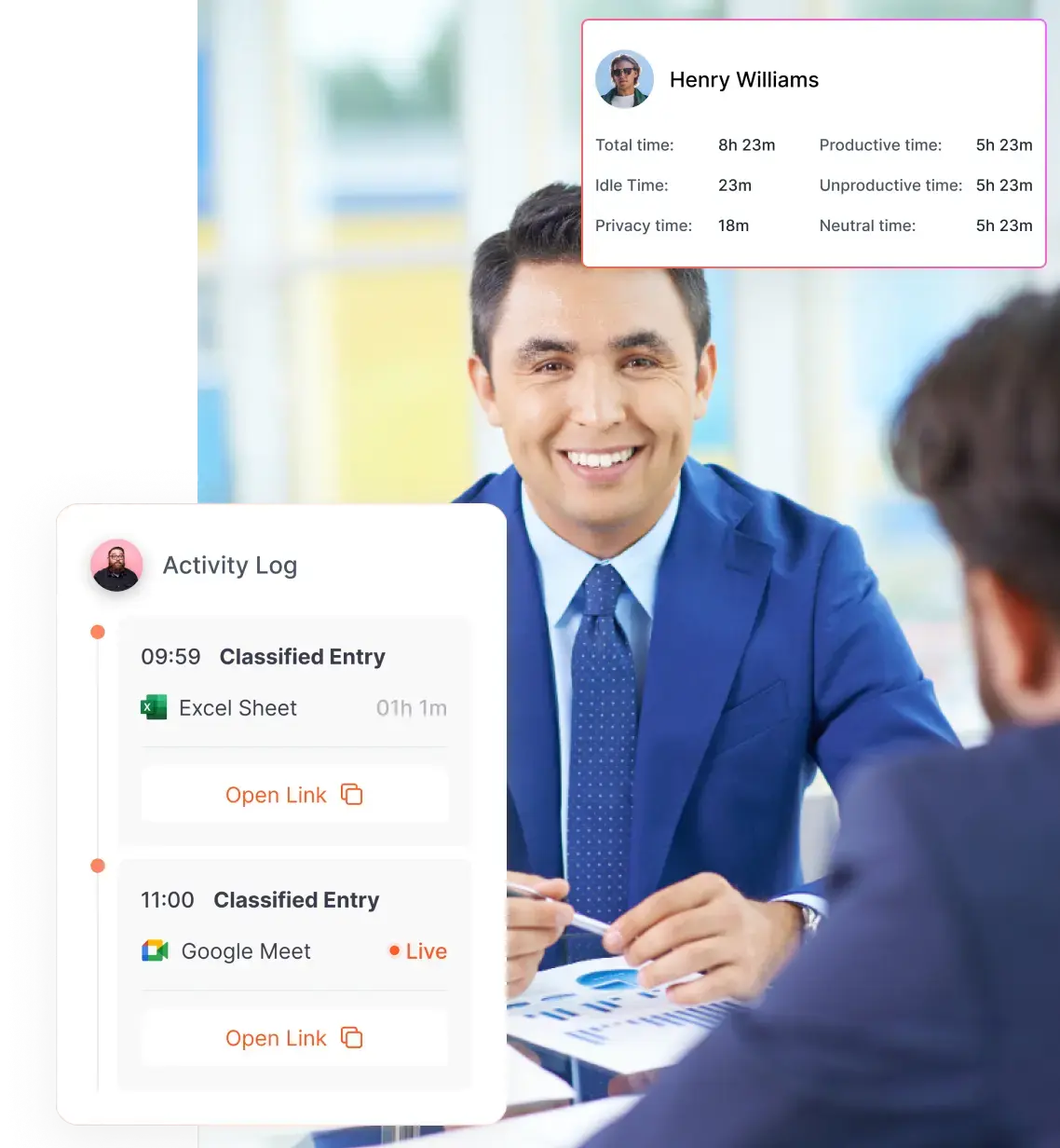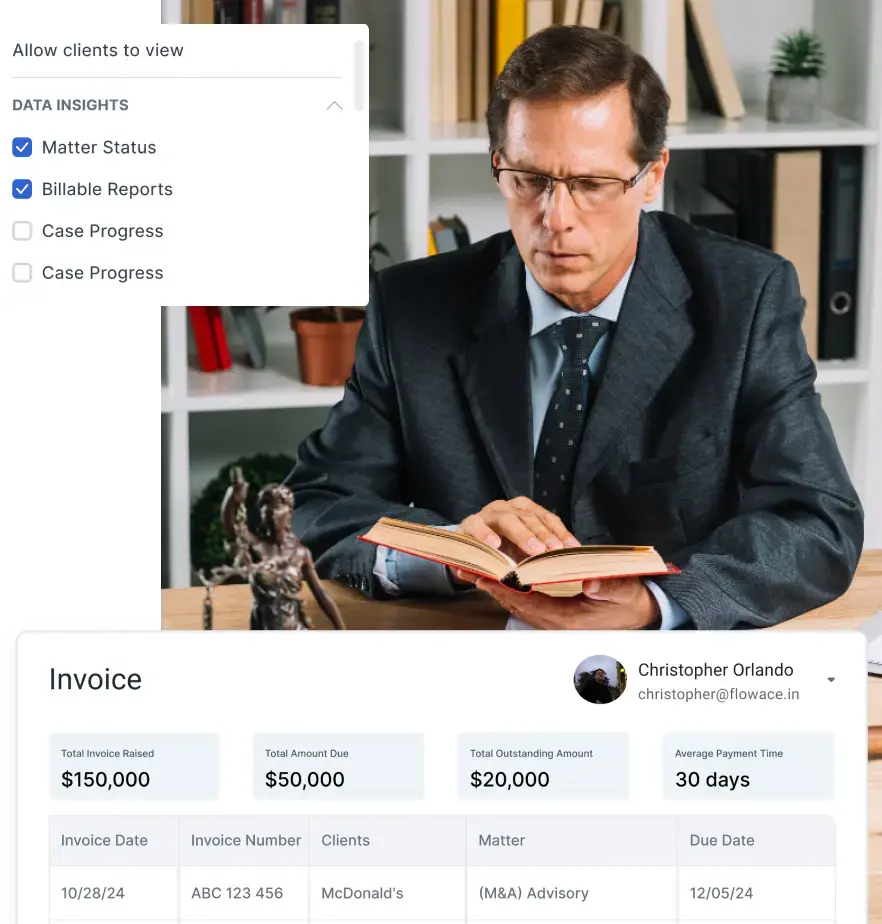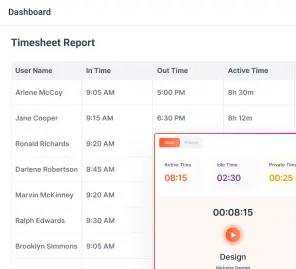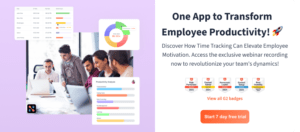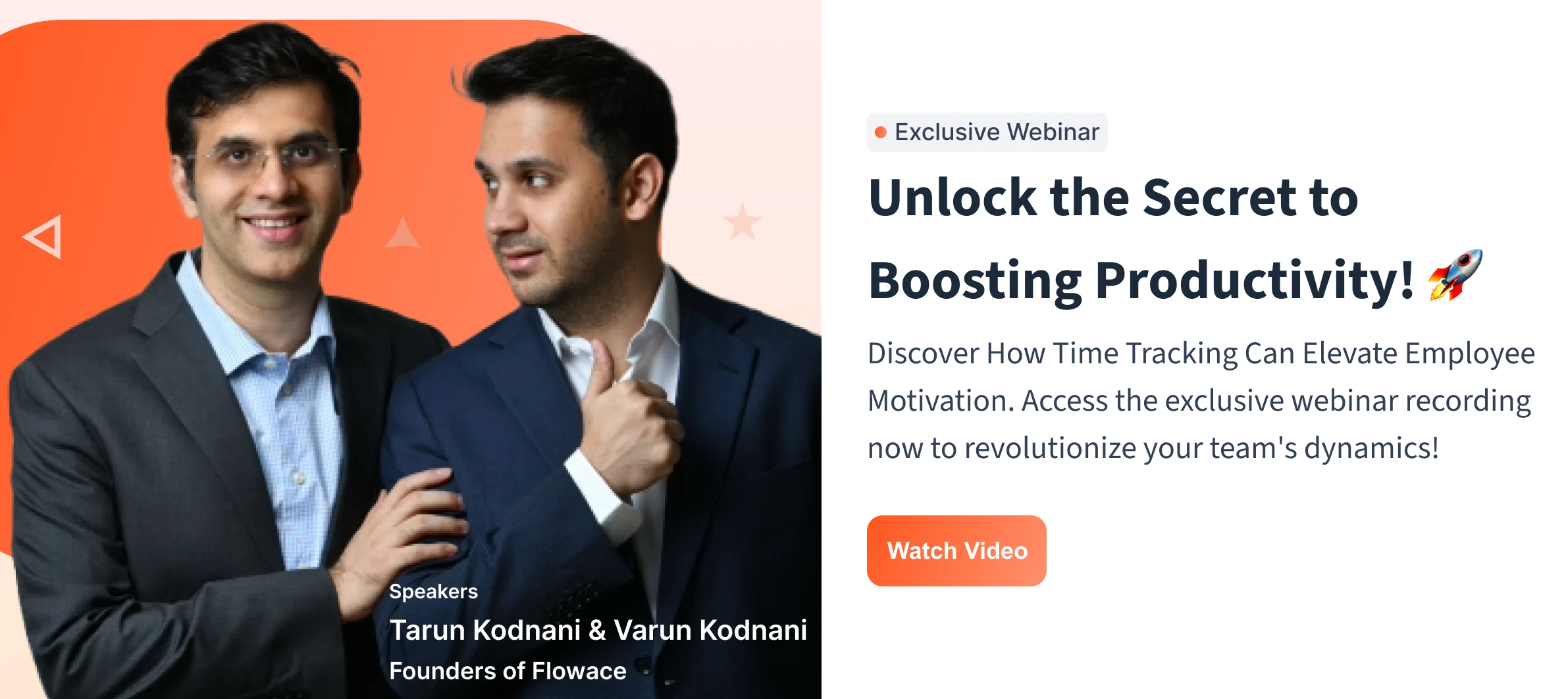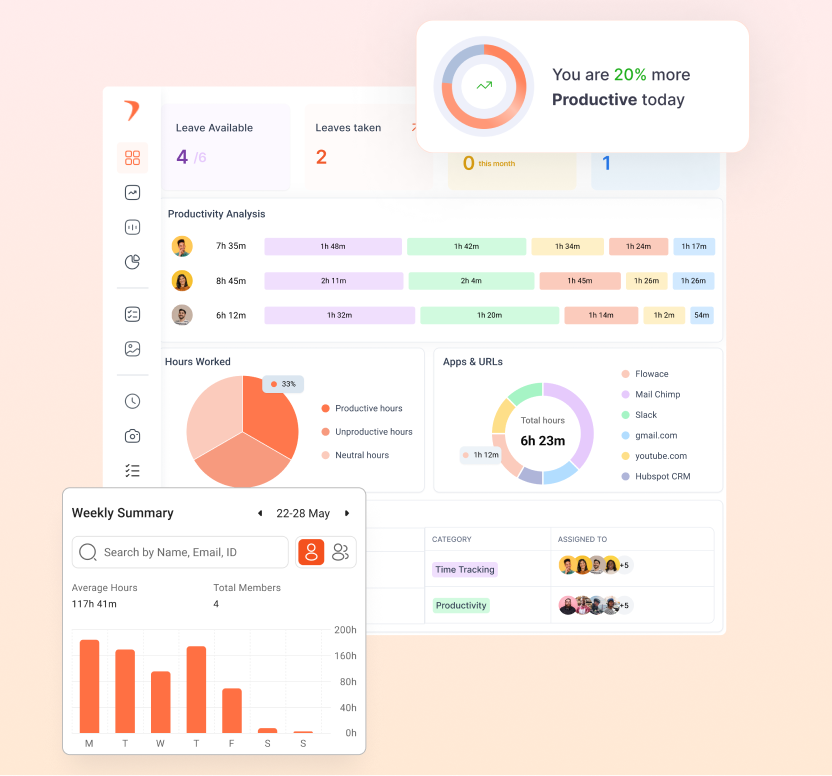Physical Attendance or Mental Presence?
Have you ever thought about what’s more important: showing up or truly being there? You might think attendance and presence are the same, but they’re not.
Attendance means actually being at a certain place or event. It’s like counting how many folks come.
But then there’s presence, which is about being fully in the moment. It’s not just being there physically; it’s being all in mentally and emotionally too. And you know what?
When people aren’t feeling well at work, it costs companies and the whole economy a lot. It’s about more than missing work; it’s also that they’re not working their best when they’re there.
Let’s dive in to understand more about this problem!
What is attendance?
“Attendance.” It’s basically being there physically at a certain place or event. Just showing up, you know? The employers check who’s here using lists, sign-in sheets, or just counting heads. Jobs use attendance to see how on-time, dependable, and dedicated people are.
But, here’s the thing: just being there doesn’t mean you’re really into it or working well. You can be there in body but not really in mind, like when you’re distracted or not really into it. And that’s where “presence” comes in.
So, what is presence?
“Presence” means being really into what’s happening—totally focused and paying attention. It’s not just about being there; it’s about being there with your mind and emotions too. People link presence with mindfulness, being aware, and doing things on purpose.
In jobs, presence is a way to check how much someone is engaged, productive, and creative. When you’re fully present, you’re more likely to participate actively, bring good ideas, and contribute meaningfully.
The Role of Attendance

When someone agrees to work at a company, it’s like saying, “Hey, I’ll spend my time here to help out.” Being there on time and showing up regularly is a big deal because it helps the company meet its goals along with the employee’s growth. It’s the base for building a successful career.
If someone’s always missing work, that’s a sign they might not be totally committed. They are not ready to do their part. But when people are always there, it shows they’re serious about their job. You can count on them, especially for important projects.
But remember, it’s not just up to the employees. The company has a role too. They should make the workplace a spot where folks want to come. And they should make sure that people aren’t always missing days. We’ll discuss how you can avoid this in the below sections.
Sometimes, there are limits to how well we can figure out how engaged and productive someone is:
- Hidden efforts: Just looking at attendance or presence might show only some of the hard work someone’s doing. Some folks might be really involved behind the scenes, even if they’re not always in the spotlight.
- Quality vs. Quantity: Being present only sometimes means doing quality work. Your employees could be there physically but could have contributed better.
- External factors: Life happens, and sometimes, employees might not be able to show up due to reasons beyond their control. They still need to be more engaged and productive when they are present.
- Quiet contributors: Some employees work quietly but make a big impact. They might not be loud about their presence, but they’re still doing good work.
- Distractions: Even if your employees are in the office, distractions can get in the way. It’s possible to be physically present but mentally focused on something else.
- Varied roles: Different jobs require different levels and types of engagement. Your employees might have a role that only needs them to be present sometimes, but they’re still effective.
The Power of Presence
Ever heard of Kristi Hedges? She wrote a book called “The Power of Presence.” She says that presence is about “connecting with and inspiring others.” Picture someone you know who’s got this awesome presence.
They are similar to confidence and positive vibes all rolled into one. It’s not just their words or actions; it’s their whole way of being.
Now, let’s break it down:
- Feeling it: Presence is about being into something with your heart and mind. When you’re there mentally and emotionally, it makes a difference.
- Mindful and Intent: Presence is also tied to being mindful—like paying real attention—and doing things purposefully. It’s not just going through the motions.
- Creative Boost: Having a presence can make you more creative and better at developing new ideas. Being fully there in the moment helps your brain work its magic.
So, “presence” is about connecting, feeling, being aware, and making cool stuff happen.
The Disconnect: When Attendance Isn’t Presence
As discussed above, just because someone is physically present doesn’t necessarily mean they’re mentally or emotionally engaged. For example, think about an employee in the office who’s physically sitting at their desk but daydreaming instead of paying attention to the meeting. This disconnection between physical presence and mental engagement is quite prevalent.
Downsides of being physically present but distracted
When people are physically present but mentally absent, there are several downsides. Think about the workplace: Employees might clock in and be at their desks, but their productivity can suffer if they’re constantly checking their phones or lost in unrelated thoughts.
- Reduced productivity: When employees are physically present, but their attention is elsewhere, their ability to complete tasks efficiently diminishes. They might take longer to complete assignments, make mistakes, or overlook important details.
- Missed opportunities: Distractions can cause employees to miss out on valuable opportunities. Being mentally absent can hinder their ability to fully engage, whether it’s a chance to contribute to a discussion, learn something new, or connect with others.
- Strained relationships: Personal and professional relationships can suffer when employees are distracted during interactions. You might perceive them as disinterested or dismissive, leading to strained communication and misunderstandings.
Implications for Productivity and Well-being
This disconnect between attendance and presence has significant implications. In terms of productivity, someone who’s physically there but not mentally engaged might contribute only partially to tasks or discussions.
This can hinder creativity and problem-solving, slowing down progress. Moreover, this state of disengagement can take a toll on well-being. Just think of the stress of juggling tasks while your mind is scattered in different directions.
Navigating the Issue
Addressing this issue requires a thoughtful approach. Consider workplace attendance policies. While rules are important, bombarding new employees with a long list of regulations on their first day might not be the best introduction. Instead, fostering a workplace culture that emphasizes personal engagement and genuine connection can be more effective.
The Role of Transformational Leadership
Research shows that transformational leaders and managers who take the time to get to know their employees personally are better equipped to tackle absenteeism. These leaders lead by example, demonstrating strong work ethics and behaviors that inspire their team.
When employees feel understood and valued, it creates a positive rapport and open communication. This, in turn, allows discussions about absences and strategies to reduce absenteeism.
Transformational Approach to Employee Engagement
Transformational managers focus on building a workspace where everyone can thrive. They understand that addressing absenteeism isn’t just about enforcing strict policies; it’s about fostering a sense of belonging and engagement.
When you prioritize employee morale and create an environment where individuals feel motivated to contribute, you can effectively tackle the issue of absenteeism.
All in All
The concept of being physically present but mentally absent underscores the significance of genuine engagement in all aspects of our lives. The downsides of allowing distractions to separate our physical presence from our cognitive involvement are numerous – from diminished productivity and missed opportunities to strained relationships and compromised well-being.
In light of these insights, Flowace emerges as a transformative AI solution that resonates with the need for true engagement. With its remarkable track record of enhancing productivity for thousands of users, Flowace stands as a beacon of progress in efficiency and growth.
Flowace embodies a practical solution that bridges the gap between attendance and presence, ultimately fostering a more engaged, productive, and fulfilled life. Book a demo now!



